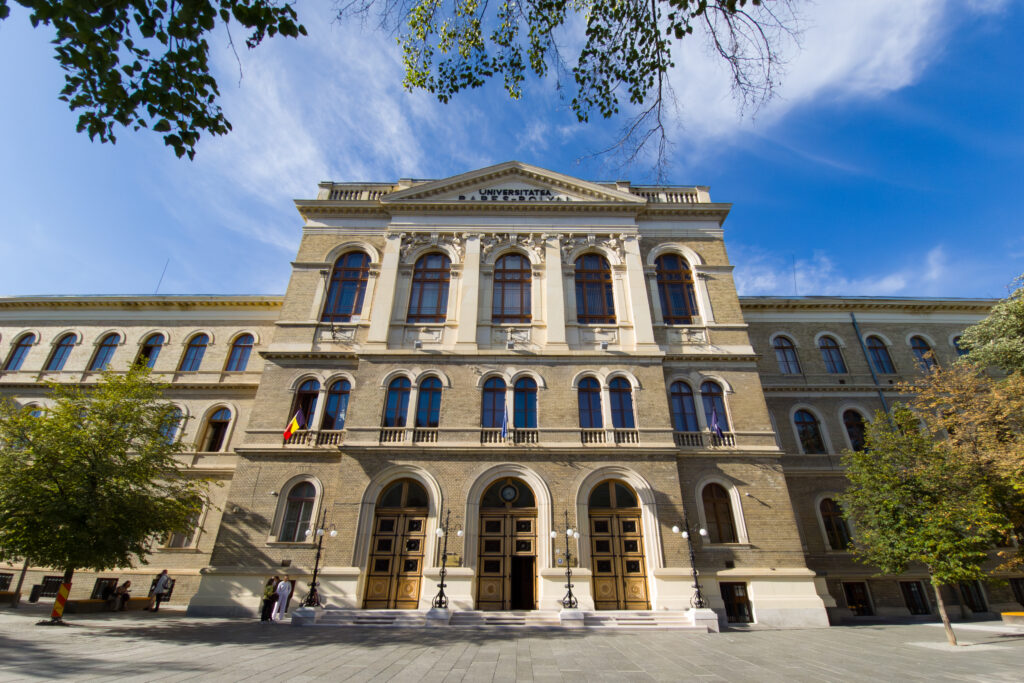How to Get to Cluj-Napoca?
Cluj-Napoca, one of Romania’s major cities and a key hub in Transylvania, is accessible via Avram Iancu Cluj International Airport (CLJ). The airport connects Cluj-Napoca to several major European cities through direct flights operated by both full-service and low-cost airlines.
Main Airports with Direct Flights to Cluj-Napoca
You can reach Cluj-Napoca from various international airports, including:
- United Kingdom: London (Luton, Heathrow), Birmingham, Liverpool
- Germany: Frankfurt, Munich, Dortmund, Cologne
- Italy: Rome, Milan (Malpensa, Bergamo), Bologna
- Spain: Barcelona, Madrid
- France: Paris (Beauvais, Charles de Gaulle)
- Austria: Vienna
- Belgium: Brussels (Charleroi)
- Netherlands: Eindhoven
- Hungary: Budapest
- Turkey: Istanbul
Once in Cluj-Napoca, the city center is just 8 km away from the airport, accessible via taxi, ride-sharing apps, or public transport (bus line 5 or 8).

Cluj-Napoca
Cluj-Napoca, the heart of Transylvania, is a city where centuries-old history and modern vibrancy come together seamlessly. Known for its Gothic spires, elegant baroque architecture, and buzzing public squares, Cluj offers a fascinating mix of Romanian, Hungarian, and Saxon influences that shape its unique character. Strolling through its historic center, visitors encounter landmarks like St. Michael’s Church and the vibrant Union Square, which sits at the center of the city’s cultural and social life.
In recent years, Cluj has gained recognition as a forward-thinking hub of technology and innovation, earning it the nickname “Silicon Valley of Eastern Europe”. With a dynamic arts scene, celebrated festivals, and an ever-growing community of creatives and entrepreneurs, the city exudes a fresh and welcoming energy. Whether exploring its historic charm, indulging in the local cuisine, or enjoying the vibrant nightlife, visitors find Cluj-Napoca an inspiring place that bridges tradition and modernity.

Babeș-Bolyai University
The Babeș-Bolyai University is today the oldest, the largest and, in many ways, the most prestigious university in Romania. The institution has clear history which falls under the Renaissance period and was born under the distinct sign of multiculturalism: a Hungarian prince of Transylvania, Ștefan Báthory.
The linguistic and cultural diversity are defining elements of UBB, representing the specific which distinguishes not only among Romanian universities, but also within the European context. The project of multiculturalism promoted by the Babeş-Bolyai University has become, including the appreciations coming from European officials, an example at a continental level. The heritage and multicultural community in Transylvania are a state of affairs, that UBB recognizes and takes responsibility for both being a social environment, as well as the object of its action. Through this policy, UBB reflects simultaneous on its administrative organization, the multicultural structure of Transylvania and the unity in diversity of the European Union. The multicultural dimension does not represent a goal itself, but an option assumed by the institutional development, whereby UBB creates an auspicious environment for the educational and research eminence, for generating a vision and solutions designed for local communities and society as a whole.

Faculty of Economics and Business Administration
The Faculty of Economics and Business Administration (FSEGA) at Babeș-Bolyai University in Cluj-Napoca is one of Romania’s most modern and dynamic institutions for higher education in Economics and Business. Renowned for its academic excellence, FSEGA consistently ranks as the top Romanian institution in its field, according to international rankings by QS, Times Higher Education, and Tilburg University.
As the largest faculty within Babeș-Bolyai University—and in any Romanian university—FSEGA serves over 8,500 students across a variety of programs, including undergraduate, master’s, and doctoral studies, as well as distance learning, continuing education, and retraining courses. Committed to both academic and professional development, FSEGA also offers research programs, consulting, and sustainable development services, creating a dynamic environment for future leaders in business and economics.